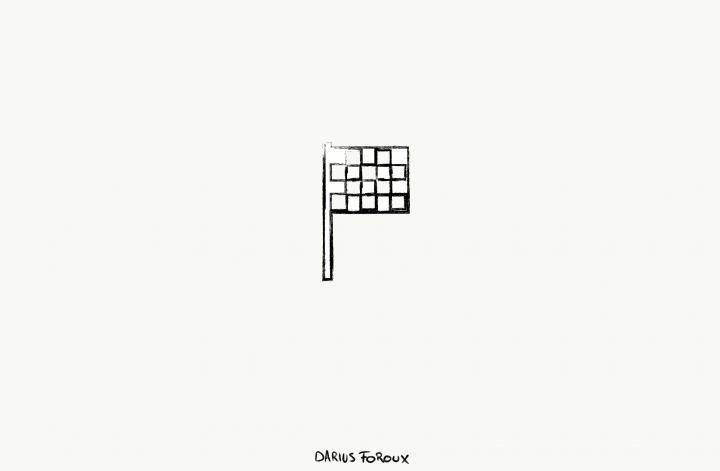The dream of owning a house is ingrained in many of us from an early age. We’re often told that buying a home is a fail-safe way to build wealth.
But does owning your own home truly make you a property investor?
Let me give you my take as someone who bought his first property at age 30. Since then, I bought two more rental properties. And I have a seven-figure stock portfolio.
I don’t have an agenda. I’m a full-time writer, and I don’t work in real estate sales. I simply want to share my thoughts on real estate ownership and investing with you.
Property owner vs property investor
Firstly, it’s important to clarify the distinction between a homeowner and a property investor.
When you buy a house to live in, you’re purchasing an asset, yes. Over time, this asset may be appreciated. When you decide to sell, you could make a profit. In this sense, you might think of yourself as making an investment.
However, there’s a crucial difference between owning a house and being a property investor.
The primary function of your home isn’t to generate income — it’s to provide shelter.
You’re not collecting rent, you’re not leveraging the asset to buy more properties, and the money you make from it (if any) will likely come only when you sell.
On the other hand, property investors actively use their properties to generate ongoing income. They might rent out their properties, flip houses for profit, or leverage their equity to grow their portfolio.
Their goal is to create a stream of income, whether through rental returns or capital growth.
Someone can be a property investor and a property renter simultaneously. In fact, I know several investors with large real estate portfolios who rent the house they are living in.
Owning a house versus renting
Owning a home can be a good long-term investment. Historically, house prices have risen over the long term.
So, if you buy a home and hold onto it for several years, there’s a good chance its value will increase. However, this isn’t guaranteed, and there are costs associated with homeownership that can eat into your returns.
If interest rates are low and house prices are somewhat high, you’re often cheaper off by buying a house and living in it. But owning a house is not only a financial decision. It’s also psychological.
I’m one of those people who simply doesn’t like to rent. I did it my entire twenties, and I never felt good in my rental properties. This is purely in my mind. I prefer to buy it.
However, as I’m writing this in early 2024, house prices are so high that I don’t feel like making any moves. I would like to buy a bigger house, but not at these prices. Since I already have a good house, I’ll sit.
As you can see, owning property is a complex situation. It’s a matter of money and psychology.
But when you buy a property to rent, it’s 100% financial. It’s about the bottom line. Are you making a profit on your investment or not?
Real estate is not the only game in town
Growing up, I always thought that real estate was the only way to build wealth. So many people have the dream of owning a bunch of properties.
They imagine themselves sitting at home and counting the incoming rentals they are getting every month. Sure, it’s passive income. However, building wealth is not only about income.
You get rich through capital gains. Through asset appreciation.
All of this is to say: You don’t have to own a house to build wealth.
Investing in the stock market, for example, has historically provided solid returns. If you invest in a broad-market index fund, like one that tracks the S&P 500, you could potentially achieve an average annual return of around 10%.
The decision to buy a home or invest elsewhere depends on your personal circumstances, financial goals, and, most importantly, your opportunities.
The most important thing I want to share with you is this: Don’t make any rash decisions about buying (or selling) a property.
Think about what’s in your best interest. Not only financially but also psychologically.
So, while owning a home can be part of your investment strategy, it doesn’t necessarily make you a property investor.
Whether you choose to buy a home, invest in the stock market, or do both, the key is to make decisions that align with YOUR financial goals and lifestyle preferences.




